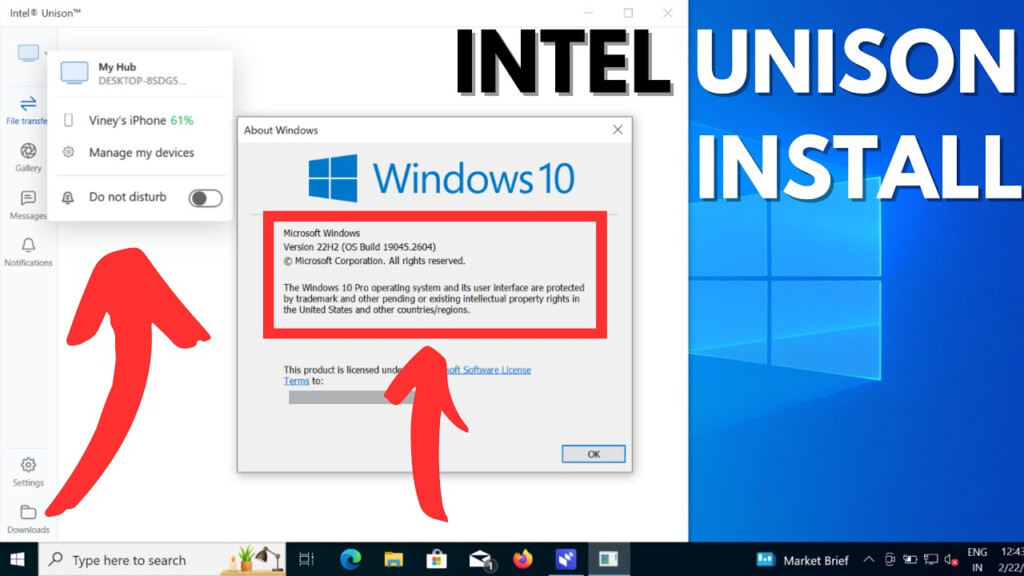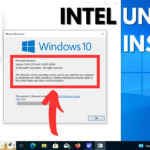Unison Power Rebate 2024 – Power rebates have emerged as an important factor in the current energy environment. They are a great way to encourage energy-efficient choices and offer substantial savings. Let’s explore the complexities of rebates for power.
Definition for Power Rebate
Have you ever thought about what a power rebates are all about? In simple terms, a power rebate is an amount paid back or reduced from a previous amount, typically by utility companies or government programs to encourage efficient energy use practices.
Importance and benefits of Power Rebate
Saving Money
Power rebates can make you money. Who wouldn’t want that? The utility and government companies offer discounts to customers who select energy-efficient systems and appliances.
Encouraging Efficiency
Rebates encourage us to make use of energy more efficiently. This is more than cost savings. It’s about a sustainable future. Energy-efficient methods contribute to a healthier environment and reduce carbon emissions. Cool, right?
Types of Power Rebates
Utility Energy Rebates
Your energy provider could offer utility power rebates. They might offer rebates on different energy-saving measures like installing high-efficiency heating and cooling systems, or energy-saving lighting.
Governmental Authority Rebates
A lot of government agencies offer rebates on electricity to help promote efficiency in energy use. They could offer rebates on renewable energy installations, energy audits, or upgrading insulation.
How do you apply for an Energy Rebate
- Utility Electric Rebates Application
Requesting utility rebates often involves buying and installing qualifying equipment, preserving the receipt, and filling out an application form from the utility provider. It’s as easy as a pie, right?
- Application for Governmental Power Rebates
Certain government rebates could require additional work to be eligible, for example, meeting eligibility requirements, completing detailed application forms and providing an energy audit. There are good things to be waiting for those who wait.
Maximizing Your Power Rebate Benefits
- Energy-Efficient Appliances
Making the investment in energy-efficient appliances will maximize your rebates. They won’t only provide rebates, but they’ll reduce your energy costs. This is an all-in-one deal!
- Renewable Energy Systems
The installation of renewable energy systems, such as solar panels is a fantastic way to maximize your advantages. The installation may be eligible for significant tax rebates making them more affordable.
The disadvantages of Power Rebates
As much as power rebates offer advantages but they also have disadvantages. Not all energy-efficient upgrades are eligible to receive rebates. The payback time is often long.
Future of Power Rebates
As we progress in the 21st century power rebates are likely to play a significant role in helping us shift to more sustainable methods. As technology and policies advance and power rebates become even more accessible.
Alongside reducing expenses, power rebates can have major impact on energy efficiency. While there might be some negatives, the possibility of saving money and environmental sustainability is too great to overlook. If you’re thinking about upgrading your power supply, why not look into the options for rebates on your power?
FAQ’s
- What is an energy rebate?
- A power rebate is a discount or rebate that utility companies or government-sponsored programs provide to encourage energy efficient behaviors.
- What’s the process for applying for a rebate on power
- The application process can vary but usually it involves purchasing and installing equipment that is eligible, keeping the receipt and filling out an application.
- Q: Will power rebates save me money?
- A: Yes. Installation of energy-efficient appliances and installations can result in significant savings.
- The drawbacks could include a complex application process, limited upgrade options that are acceptable or are eligible, and sometimes a lengthy payback period.
- Q What’s the future for the power rebate?
- Energy rebates could play an important role in encouraging energy efficiency in the future. Technology and policy developments can make them even more effective.






